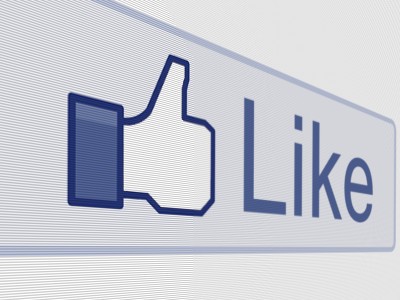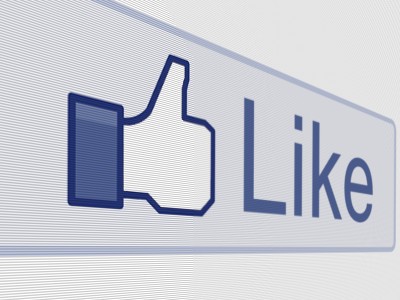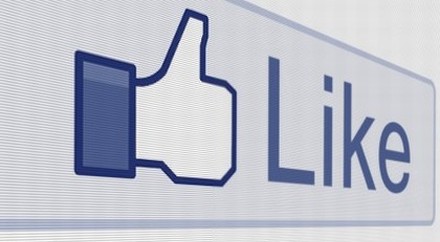


Ever since online poker became a hot topic of legislative debate, poker players have dreamed of what the regulated market place would look like and envisioned a second boom. Google. Yahoo! Facebook. “If Facebook follows the traditional poker-affiliate model and receives a share of rake that its partner sites generate, the millions of users it recruits could generate billions in revenue for the company.” These are companies with global reach that could bring in millions of new players. As soon as early 2012, this fantasy could become reality.
While the US waits for legislation, the UK is now awaiting the arrival of real-money Facebook poker. According to eGaming Review, Facebook is considering offering licenses to PokerStars, 888, and six other gaming companies. With 30 million users in the UK and 800 million users worldwide, the world’s second most popular website could instantly position itself as the world’s largest online poker affiliate.
This revelation comes on the heels of Zynga Poker’s announcement that they are not interested in entering the real-money gaming arena. With over 30 million active players each month, Zynga would appear well positioned to capitalize on these developments.
Until recently, Facebook had strict policies in place to limit the advertising space available to gambling-related companies. But within the last 3 months, they have relaxed their guidelines to allow “ads that promote or facilitate online gambling, games of skill or lotteries, including casino, sports book, bingo or poker.” Such ads are not displayed to users under 18, or to those in countries which restrict such activities. These restrictions will also apply to any real-money gaming the site offers.
If Facebook follows the traditional poker-affiliate model and receives a share of rake that its partner sites generate, the millions of users it recruits could generate billions in revenue for the company. The timing of this move is significant, as Facebook positions itself for an initial public offering, seeking $10 billion capital and a $100 billion valuation.
Instead of following the affiliate model and directing traffic away from their website, Facebook may allow gaming companies to develop apps that run within the site, much like games such as Mafia Wars, Scrabble, and Bejeweled. This could limit players to playing just one table at a time, disappointing hardcore grinders, but resulting in softer games.
Regardless of what form it takes, Facebook’s foray into the real-money online gaming industry is a huge development, bringing increased awareness, exposure, and participation.

